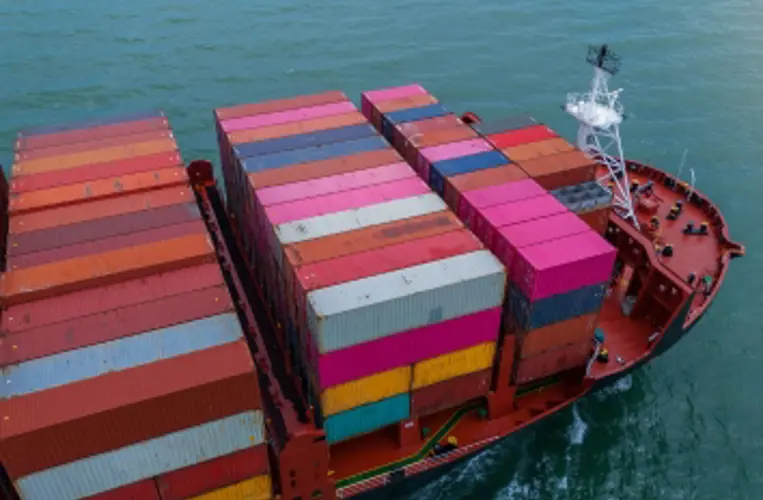
Case
Moving forward despite headwind
04 Jul, 2023

From left to right: Aneta Kopacz, Head of Ocean Freight – Crystal Zhang, Director of Ocean Freight, Greater China
With almost 50 years of combined industry experience, Crystal and Aneta know logistics.
'During the lockdowns in China from April to June of 2022, we spend relatively more time completing single bookings due to lack of capacity', Crystal says, explaining the flexibility required to navigate the constantly changing supply chain. Due to limited domestic transportation solutions available, delivery options had to be double or triple-checked. Even when implemented, solutions often needed modifying to cope with the quickly changing environment.'
Aneta shares similar experiences with increased complexity when the war in Ukraine broke out:’Before, booking a container required three emails. At the most challenging times, we reached exchanging 73 emails.’ ‘Still, we found the right solutions as always,’ they both say.

Aneta Kopacz, Head of Ocean Freight. Photo: Private photograph
Flexible approach to a standstill
With the war in Ukraine, rail transport from China stopped from one day to another, affecting many customers’ consolidated goods transport. Aneta quickly assembled a team of specialists to alleviate the situation, offering all Rail customers ocean freight LCL console boxes as an alternative mode of transport to keep their goods moving.

80% of our customers said yes, the rest opted for other solutions, so we didn’t lose a single customer due to the disruption, Aneta Kopacz says.
The consequential rise in ocean freight, sanctioned Russian containers, and regular containers waiting for delivery to Ukraine meant a 30% increase in containers in Polish terminals. Coupled with the energetic crisis in Poland favouring carbon over commercial deliveries by rail, the need for trucks skyrocketed. ‘At a time with a truck driver shortage, the situation came to a standstill. To manage it, we kept customers informed of the situation daily and leveraged existing delivery agreements to decrease their demurrage and detention costs in ports by almost 50%. At the same time, we arranged their final destination transport, which enabled them to manage their supply chain most effectively, and they were pleased.’

Crystal Zhang, Director of Ocean Freight - Greater China. Photo: Private photograph
Four options per container
The months-long lockdowns and consequential port congestions in China also called for an agile approach. Crystal explains: ‘Port congestion was a serious matter. It caused vessel delays affecting the country’s entire supply chain, with containers waiting four days up to two weeks for unloading. Delays increased logistics costs and posed many challenges.’ Like in Poland, Crystal’s team also negotiated lower container storage charges for their customers while waiting in the terminals for onward transport.
The Port of Shanghai is the world’s biggest in terms of cargo volume. Moving the cargo to other nearby ports to keep the supply chain running required coordination and creativity. ‘If you could get the space, you got the business,’ Crystal explains and continues: ‘Four offices coordinated four solutions for every single container out of China to secure options available for the customer. It was tough, but the approach ensured the successful transport of all our customers’ goods at the time.’
How did you manage to keep your teams motivated?

It all comes down to relations. We inspired staff to find solutions, share learnings and keep the customers close,’ says Crystal.
Aneta agrees and finishes: ‘We held weekly, sometimes daily, meetings which made team members feel comfortable and included. Without those close relations, we would never have maintained business the way we have.’
The Shanghai staff were isolated in their homes for months during the lockdown. ‘We organised online competitions of the traditional Chinese board game mahjong and several other activities to encourage staff and keep up the spirits,’ Crystal finishes.
Read the latest news on your future solutions in action
Expert market updates, articles, and logistics cases fresh from the world

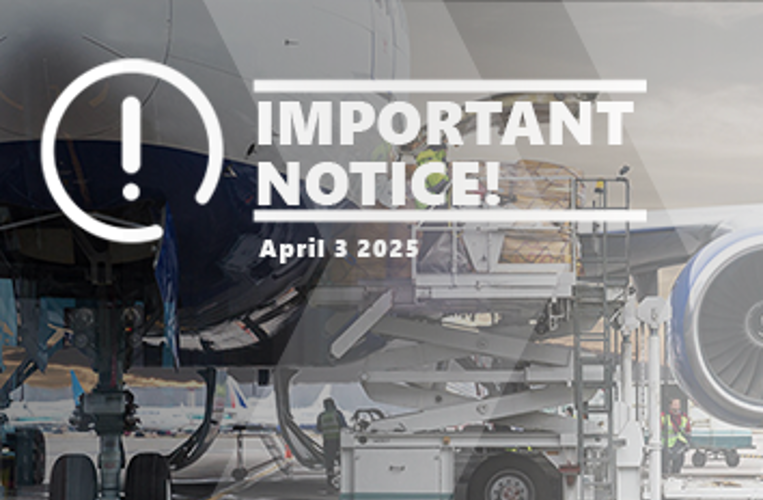
US duty tariffs earthquake ignites full-blown global trade war
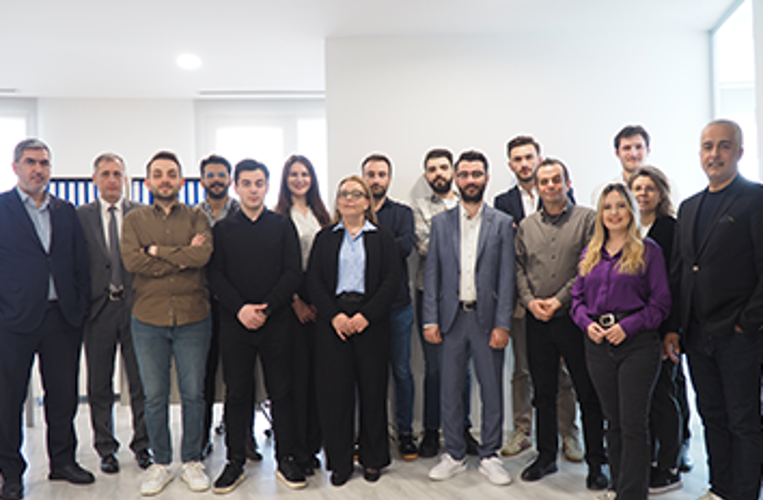
Scan Global Logistics expands operations with the opening its first office in Istanbul, Türkiye
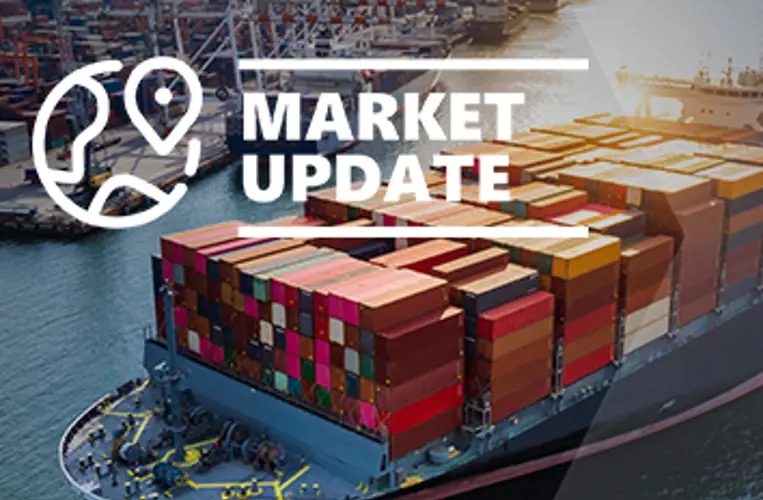
Freight market update: New US Administration policy triggering a new world order
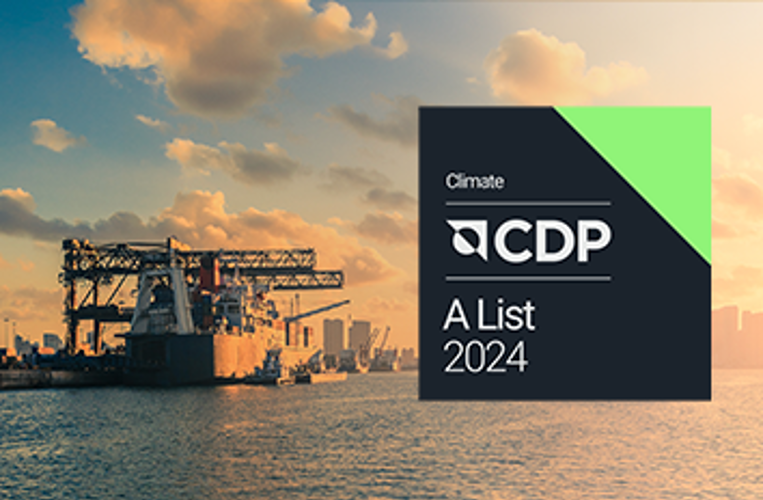
Earning ‘A' rating from CDP for our top environmental performance
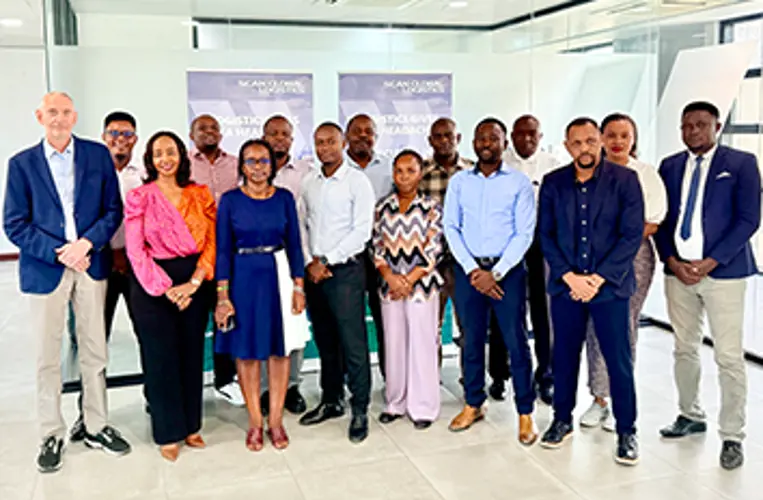
Scan Global Logistics expands into Tanzania to complete its access to East Africa

A bumpy 2025 on the horizon

Second US East and Gulf Coast port strike averted

How to prepare your supply chain for the upcoming Lunar New Year holidays


